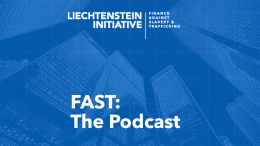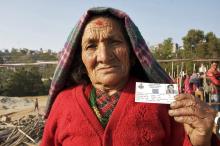This UNU-CPR policy brief, with support from the Freedom Fund, examines how lacking access to official documentation in Brazil deprives people of basic rights, increasing their vulnerability to marginalization and exploitation.
Migrants and refugees, particularly from Haiti, Bolivia and Venezuela, face significant bureaucratic hurdles, discriminatory practices and financial constraints that impede their ability to obtain essential documents like identity cards and proof of address. Without documentation, individuals are often excluded from legal protections, limiting opportunities for regular employment and increasing the risk of modern slavery.
Despite existing frameworks aimed at regularizing migrants’ status, many participants in a UNU-CPR study described common challenges such as language barriers, lack of credible and accurate information, and complex requirements for multiple documents. Limited access to registration offices and the cost of obtaining necessary paperwork further hinder vulnerable populations from regularizing their status.
Key actions to address these issues include expanding free legal support through NGOs, streamlining bureaucratic processes and increasing awareness of documentation requirements.
Recommendations provided in the policy brief include:
- Implement tailored messaging about documentation requirements and processes through multilingual campaigns, community meetings and collaborations with local organizations.
- Work with non-governmental and community organizations to offer comprehensive, free documentation and legal and logistical support to migrants.
- Ensure the strict enforcement and reinforcement of existing laws at all governmental levels to protect migrant rights.
- Implement training programmes so civil servants can identify and respond effectively to situations analogous to slavery.
- Strengthen partnerships between service networks and Governments to streamline the documentation process and enhance overall support for migrants.
- Enhance federal and consular services, focusing on staff training, reducing barriers and improving accessibility for issuing documents.
- Implement context-focused amnesty programmes, providing clear pathways to regularization that reduce exploitation risks.
Access "The documentation divide: Understanding pathways to modern slavery among undocumented populations in Brazil", available in both English and Portuguese.
Gain insights into the real-life experiences of undocumented individuals, thoughtfully illustrated into comics by PositiveNegatives, available in both English and Portuguese.
Suggested citation: Heaven Crawley, Louis Herns Marcelin and Angharad Smith. The documentation divide : UNU-CPR, 2024.



